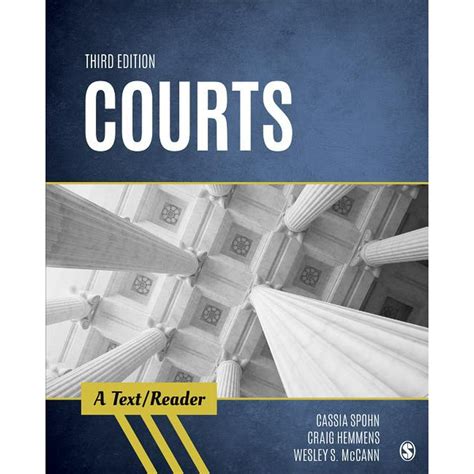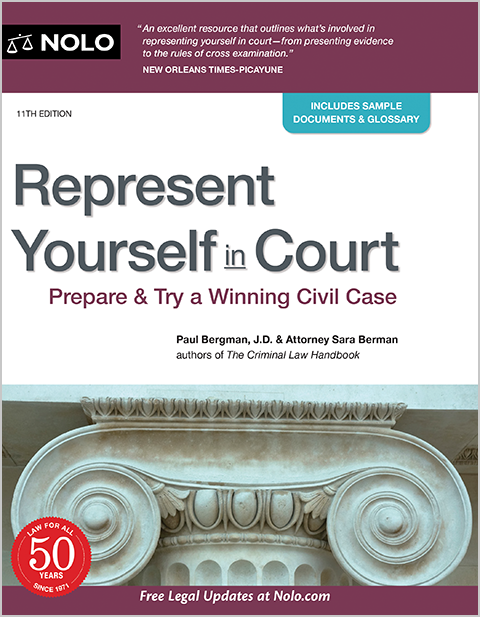Family law cases, from divorce to child custody and alimony disputes, often involve complex legal processes that can be emotionally overwhelming. Having an experienced family court lawyer by your side is crucial to navigating the intricacies of the legal system and ensuring your rights are protected. In this comprehensive guide, we will explore the essential role of family court lawyers, how to find the best legal representation near you, and the various services they provide. Whether you’re facing a custody battle or property division, understanding the costs, expectations, and value of skilled legal support can make all the difference in achieving a favorable outcome.
Join ugodj.com as we delve deeply into this topic.
1. Understanding the Role of Family Court Lawyers
Family court lawyers specialize in the legal aspects of family law, a broad area encompassing divorce, child custody, spousal support, and adoption. Their expertise lies in providing legal counsel and representation to individuals facing the complexities of family court. Acting as their clients’ advocates, they ensure the protection of their rights and strive for a fair outcome in all legal proceedings.
Family court lawyers act as advocates for their clients, ensuring they comprehend their legal rights and responsibilities amidst the complexities of family disputes. Their role involves navigating the intricate legal processes, striving to achieve amicable settlements outside of court whenever feasible. However, they are also adept at representing their clients’ interests in litigation if necessary. Possessing extensive knowledge of local and state family law, these attorneys provide strategic counsel tailored to each client’s specific circumstances.
Family court lawyers offer more than just legal representation; they also provide vital emotional support during the often stressful process of navigating family law matters. Their deep understanding of sensitive family issues empowers clients to make informed decisions regarding their options. This includes resolving disputes over child custody, negotiating alimony agreements, and ensuring fair property division. Ultimately, their primary goal is to safeguard their clients’ interests and strive for the most favorable outcome in all facets of the case.

2. How to Find the Best Family Court Lawyers Near You
Finding the best family court lawyer in your area requires diligent research and thoughtful consideration. To secure the right legal support for your case, begin by seeking recommendations from trusted individuals, such as friends, family, or colleagues, who have navigated similar legal matters. Personal referrals often provide valuable insights into a lawyer’s expertise and professional conduct.
Online reviews and lawyer directories provide valuable resources. Websites such as Avvo, Martindale-Hubbell, and local bar associations offer comprehensive information about lawyers, encompassing their experience, areas of expertise, and client feedback. When searching for legal representation in family law, prioritize attorneys who specialize in this area and have a demonstrated history of success in cases similar to yours.
Scheduling consultations with prospective lawyers is essential. During these meetings, it is vital to inquire about their experience, approach to cases, and how they plan to address your specific situation. Additionally, it is important to discuss their communication style and availability, as family law matters often necessitate frequent updates and communication.
Finally, it’s crucial to assess your compatibility with the lawyer. Family law matters are inherently emotional, making it vital to partner with someone who comprehends your specific needs and provides a harmonious blend of legal acumen and emotional support. The choice of lawyer can profoundly impact the outcome of your case.

3. Services Provided by Family Court Lawyers
Family court lawyers provide comprehensive support to individuals navigating the intricacies of family law matters. Their services encompass legal representation in areas such as divorce, child custody arrangements, spousal support, and property division. Their specialized knowledge empowers clients to fully comprehend their legal rights and available options, fostering informed decision-making throughout the legal process.
Family court lawyers represent clients in child custody matters, striving to secure advantageous arrangements concerning visitation schedules, parenting time, and parental decision-making. They also provide guidance in negotiating and enforcing child support agreements.
Family court lawyers provide guidance to clients navigating divorce proceedings, whether through mediation or litigation. They assist in resolving matters such as property division, spousal support, and debt distribution. These lawyers also represent clients in specialized family law matters, including adoption, guardianship, and cases involving domestic violence.
Furthermore, these lawyers provide mediation services to facilitate out-of-court dispute resolution whenever feasible. Their goal is to achieve amicable solutions that reduce conflict and emotional distress.

4. Costs and Fees Associated with Hiring a Family Court Lawyer
The cost of hiring a family court lawyer can vary widely depending on factors like their experience, location, and the complexity of your case. Many lawyers charge by the hour, with rates ranging from $150 to $500 or more, depending on their expertise and reputation. Others may charge a flat fee for their services. It’s also common for lawyers to require an upfront retainer, which acts as a deposit against future legal fees.
Beyond the lawyer’s fees, you may incur additional costs. These can include court filing fees, mediation expenses, and fees for expert witnesses or investigators. It’s essential to have a clear understanding of these potential expenses before hiring a lawyer, as they can significantly increase the overall cost.
Many family court lawyers offer a free or discounted initial consultation. During this meeting, they will typically outline their fee structure and provide an estimate tailored to the specific details of your case. Knowing the costs upfront enables you to plan effectively and avoid any unexpected expenses down the line.
5. What to Expect During Your Family Court Case
Family court cases often involve a multi-step process, the specifics of which depend on the unique circumstances of each situation. Once you’ve retained a family court lawyer, the initial stage typically focuses on gathering essential documents and evidence. This may include financial records, communication logs, and any existing agreements or contracts relevant to your case.
Your lawyer will help you navigate the pre-trial process, which could involve mediation or settlement negotiations aimed at resolving your case without going to court. If a settlement is reached, the terms can be finalized, avoiding a trial. However, if mediation efforts are unsuccessful, your case will proceed to court.
During a court proceeding, both sides present their arguments, potentially calling upon witnesses or experts to provide testimony. After considering the evidence, the judge renders a decision based on the legal and factual aspects of the case. Throughout the process, your attorney will manage all legal documents, court appearances, and negotiations on your behalf.
Family court cases often require patience, as they can take time to reach a resolution. Maintaining open communication with your lawyer and gaining a clear understanding of the legal process will help you manage your expectations effectively.
Navigating family court cases can be challenging, but with the right lawyer, you can achieve a fair and favorable outcome. By understanding the role of family court lawyers, how to find the best one near you, and the services they offer, you can make informed decisions throughout the legal process. Being aware of potential costs and what to expect can also help you prepare and reduce stress. With careful planning and professional guidance, you ca
ugodj.com

